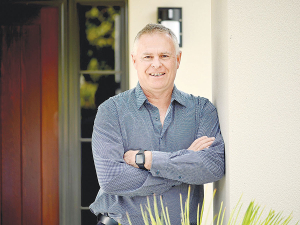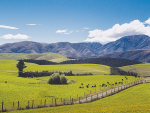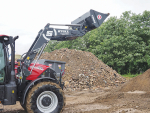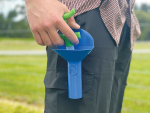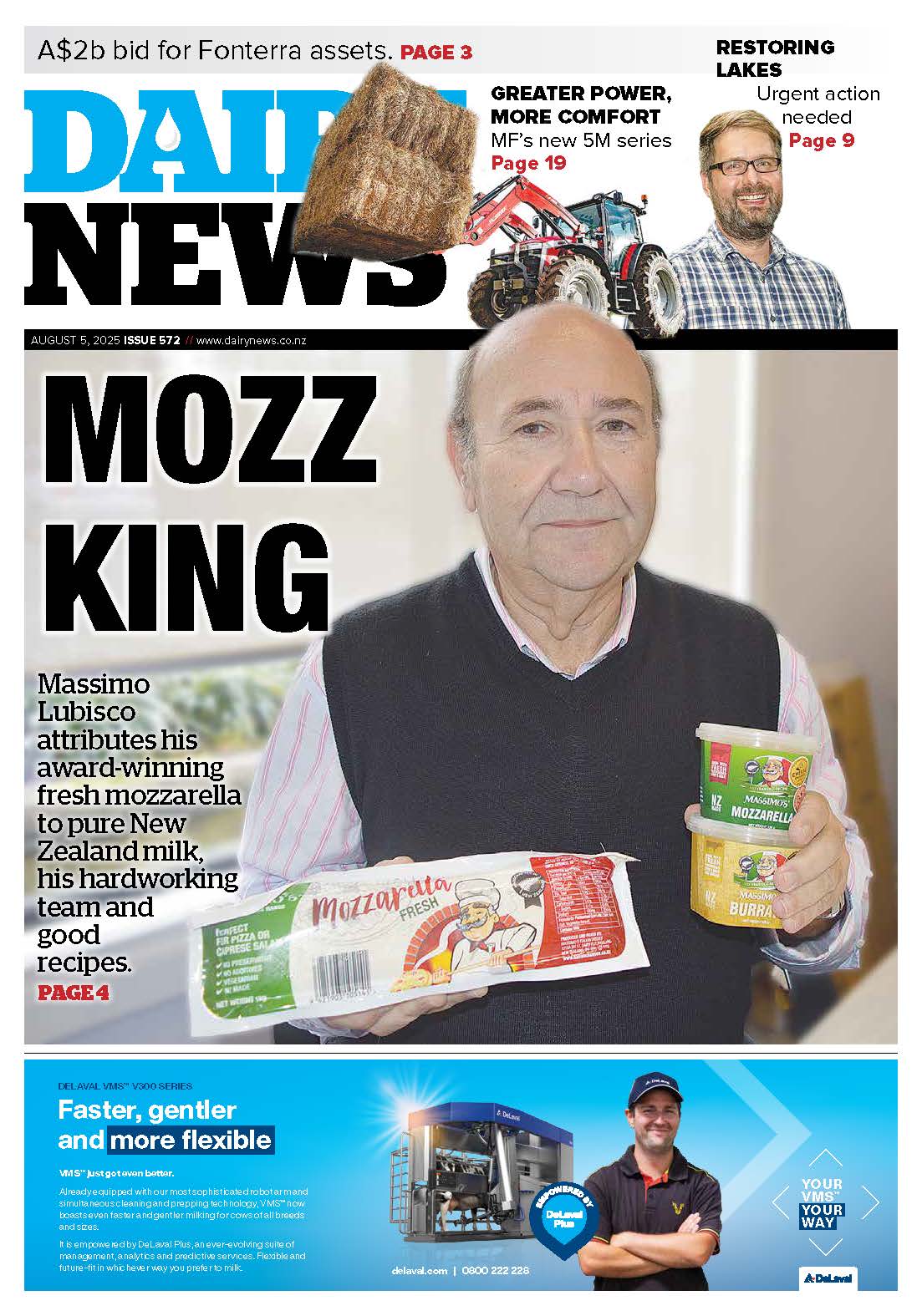Water is a hot topic: Government reforms are moving through the regulatory process and a strong Government push is on for more irrigation schemes; many are in various stages of development. Regional councils are also getting in the act by quite rightly seeking to impose sustainable limits on water takes.
Recent nationwide drought vividly highlighted the economic impacts on farmers of water, or its lack. That 40% of North Island dairy farmers will take a loss this season due to the drought is compelling evidence that something needs to be done.
The catch-cry that there isn’t a water shortage problem in New Zealand, just a water storage problem is not new, but it probably oversimplifies the issue.
Strong competition persists in the primary sector for water – notably dairy versus horticulture and arable farming. Many commercial growers fear they will lose water to dairying, especially when they see good quality water used to wash down dairy sheds when recycled water could suffice. The Government has signaled the need for water to be used ‘efficiently and for its highest value use’. The question arising is, is dairy wash-down highest value use?
DairyNZ is working with farmers on the Smart Water Use on Dairy Farms programme, which puts farmers at the front of the pack in more efficiently using water. Smart water use saves dairy farmers money, is part of good farm management, helps protect the local environment and is good for the industry and New Zealand
This latest initiative by DairyNZ to install water meters is another example of the industry being ahead of the game.
Once DairyNZ has worked out how much water it’s using on its farms, someone may have to go one step further and look at ways to reduce water use in the sector. Recycling may be costly for farmers, but it may be the only answer in some regions where there is strong competition for water. Being proactive and having good research data available is the best way of dealing with threats.








